 Another topic of conversation that came out of Bryn‘s session at Oracle Midlands related to PL/SQL code formatting. I’m not sure I agree 100% with his opinion, but it’s certainly making me think about my current stance.
Another topic of conversation that came out of Bryn‘s session at Oracle Midlands related to PL/SQL code formatting. I’m not sure I agree 100% with his opinion, but it’s certainly making me think about my current stance.
When I said I was going to blog about a couple of the points he raised, Bryn emailed me some stuff, which I’m going to use here. So this is Bryn’s content, with some of my opinions thrown in. I will no doubt get told off for not doing the subject justice, like I did with the last post. 🙂
Bryn: Look at page 1 (below). This makes PL/SQL look so old-fashioned. I’m sure that this is part of what makes it unappealing to the modern youth. How easy do you find it to read its real meaning?
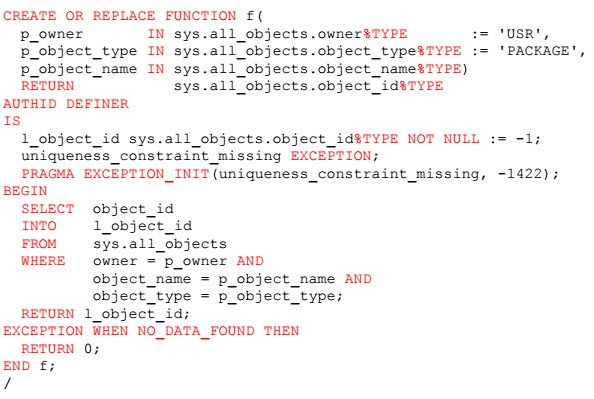
Me: With a few minor formatting changes, this is pretty much what I do. 🙂 As a result, it looks really normal to me and I like it, but if I try to put myself into the head-space of a young person, it does look overly formal, and as Bryn said in his talk, we are essentially shouting all the keywords and using naming conventions that detract from the true meaning we are trying to convey. I don’t like to admit it to myself, but I kind-of see his point. It does look a little Pipe and Slippers.
Bryn: Now look at Page 4 (below). Identifiers are like proper nouns in English prose. They’re capitalized to let them stand out. The capitals in Object_ID (or DBMS_Output) are an aid to pronunciation.
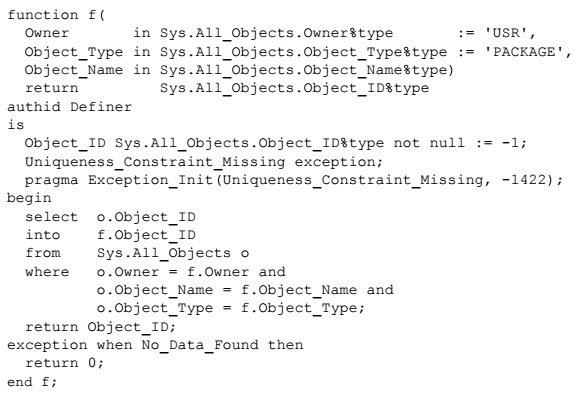
Me: This is a slightly unfair comparison, since there is no syntax highlighting, which is on by default in all PL/SQL IDEs, but it does look less “old”. I understand Bryn’s point about the capitals potentially aiding pronunciation, but if I’m going to stop “shouting” the keywords, I actually prefer the look of it all in lower case myself. 🙂 I agree that identifiers still need “_” between words. Although camelCase is used by many languages, it doesn’t work so well in Oracle. It looks fine in your scripts, but when you are looking at dictionary views, much of the information is presented in uppercase, so “uniquenessContraintMissing” becomes “UNIQUENESSCONSTRAINTMISSING”, which sucks. The prefix/suffix used on identifiers can be confusing, especially since an alternative was mentioned in the previous post.
Bryn: As promised, here’s my-marked up copy of the Gettysburg Address. It’s considered to be an exemplar of English prose, so having it mangled into an incomprehensible mess by the robotic application of “code formatting best practice” makes my point very vividly. … Feel free to use it. But do make sure that you credit the author, President Abraham Lincoln, and me for having had the idea to use it to make fun of the anally retentive code formatters who jointly conspire to make PL/SQL look so dated.
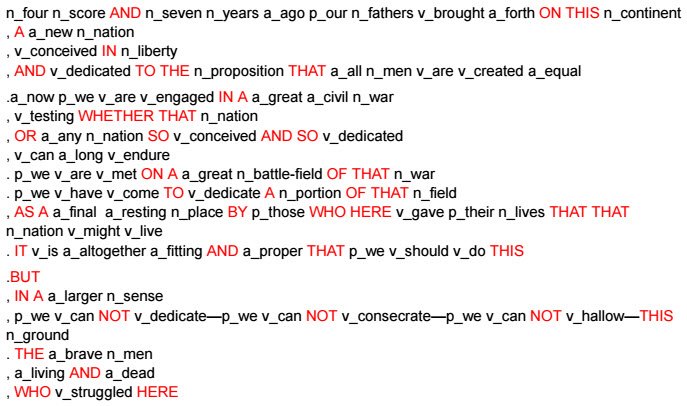
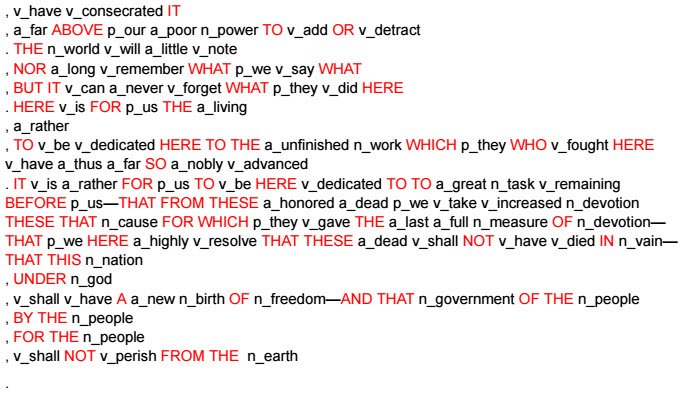
Me: Yeah. Point made! 🙂
I’ve tried to alter my code formatting in the past, which invariably meant I had to go back and reformat it a couple of days later when I couldn’t stand knowing it wasn’t “how I usually do things”. 🙂 Having said that, if you read the last blog post, you would see I tried to stop shouting. 🙂 It’s not what Bryn likes, but I think it’s a step in the right direction… Maybe…
Am I going to redo all my articles, blog posts and videos? No. Am I going to try and change? At the moment I’m thinking yes, but I reserve the right to do a u-turn at any point.
Don’t forget to check out these whitepapers from Bryn.
Cheers
Tim…
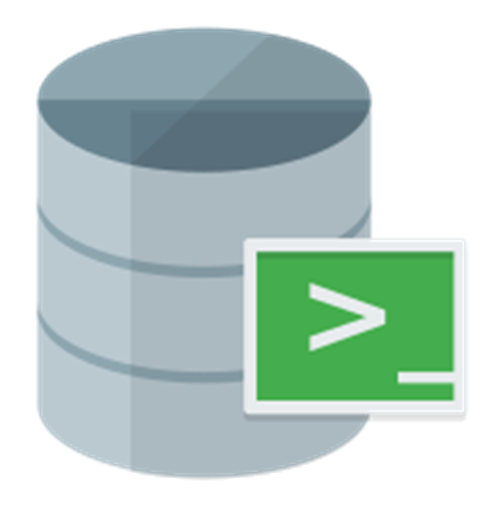
 I’ve been playing around with some more of the new JSON features in Oracle Database 12c Release 2 (12.2).
I’ve been playing around with some more of the new JSON features in Oracle Database 12c Release 2 (12.2). This morning I was asked a question about the job opportunities for a PL/SQL developer these days. I’m talking about someone with good SQL and PL/SQL skills, but limited, or no, knowledge of other development languages.
This morning I was asked a question about the job opportunities for a PL/SQL developer these days. I’m talking about someone with good SQL and PL/SQL skills, but limited, or no, knowledge of other development languages. In my
In my  Another topic of conversation that came out of
Another topic of conversation that came out of 


